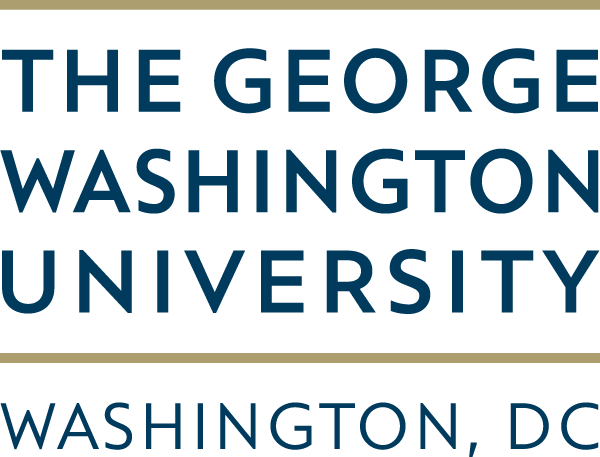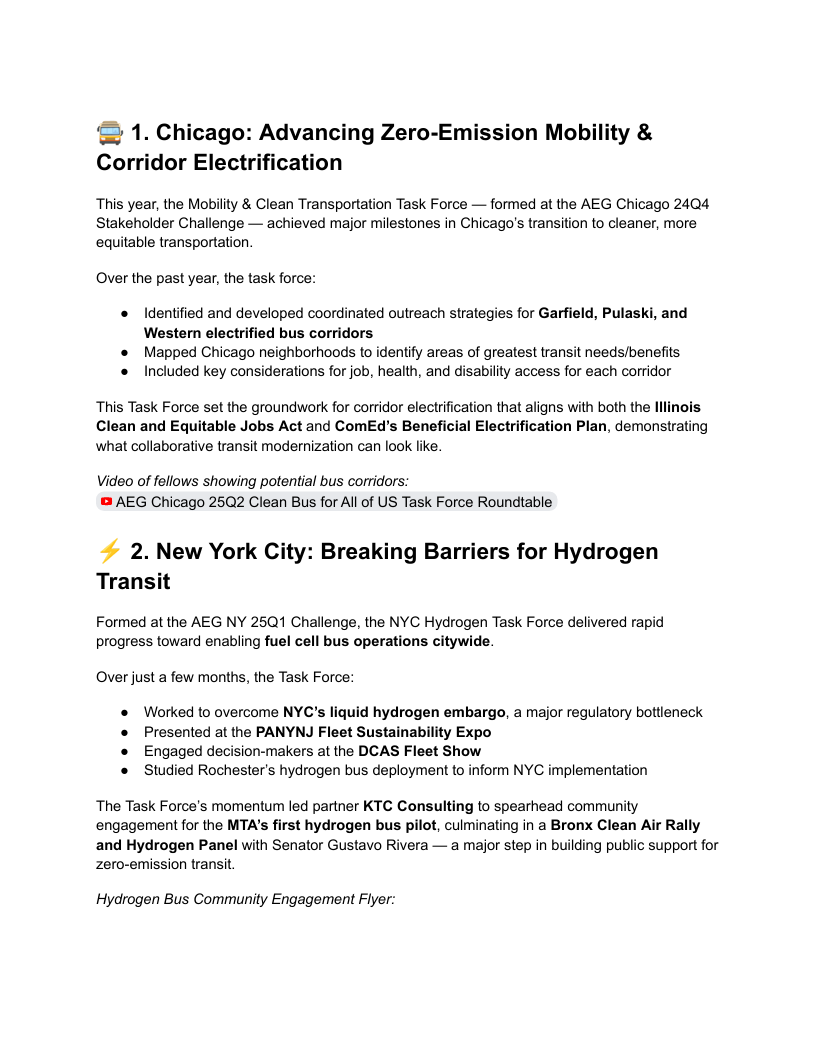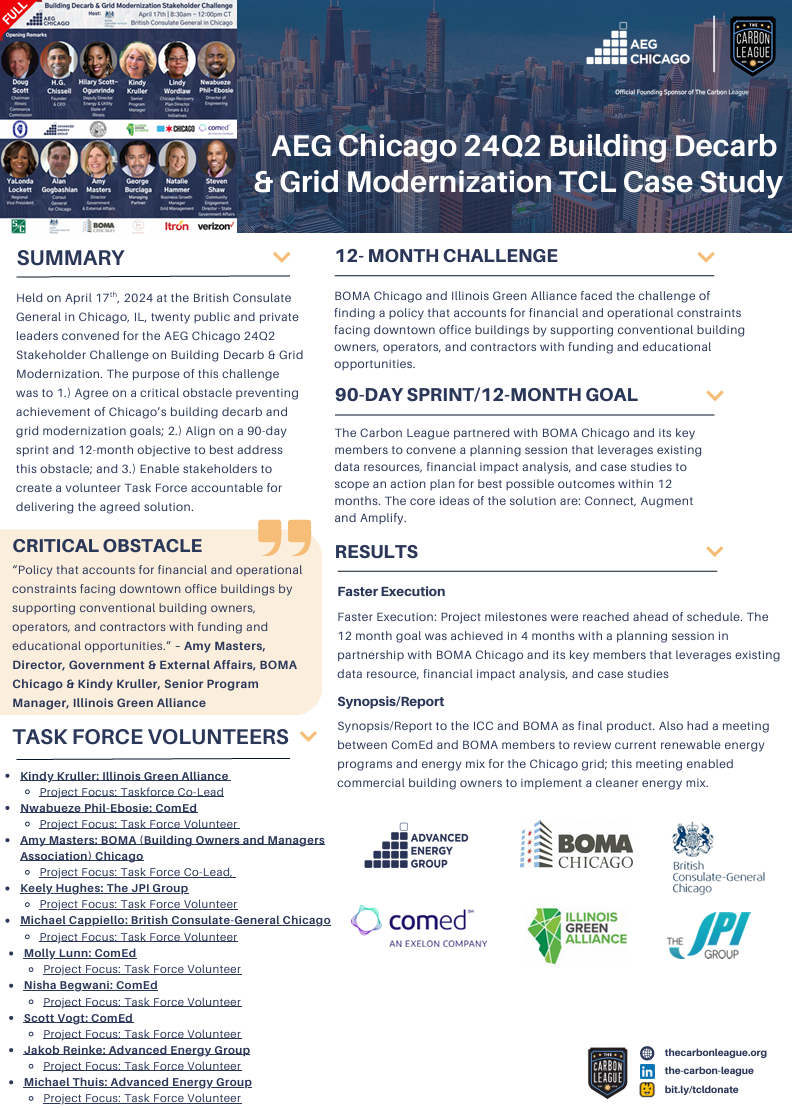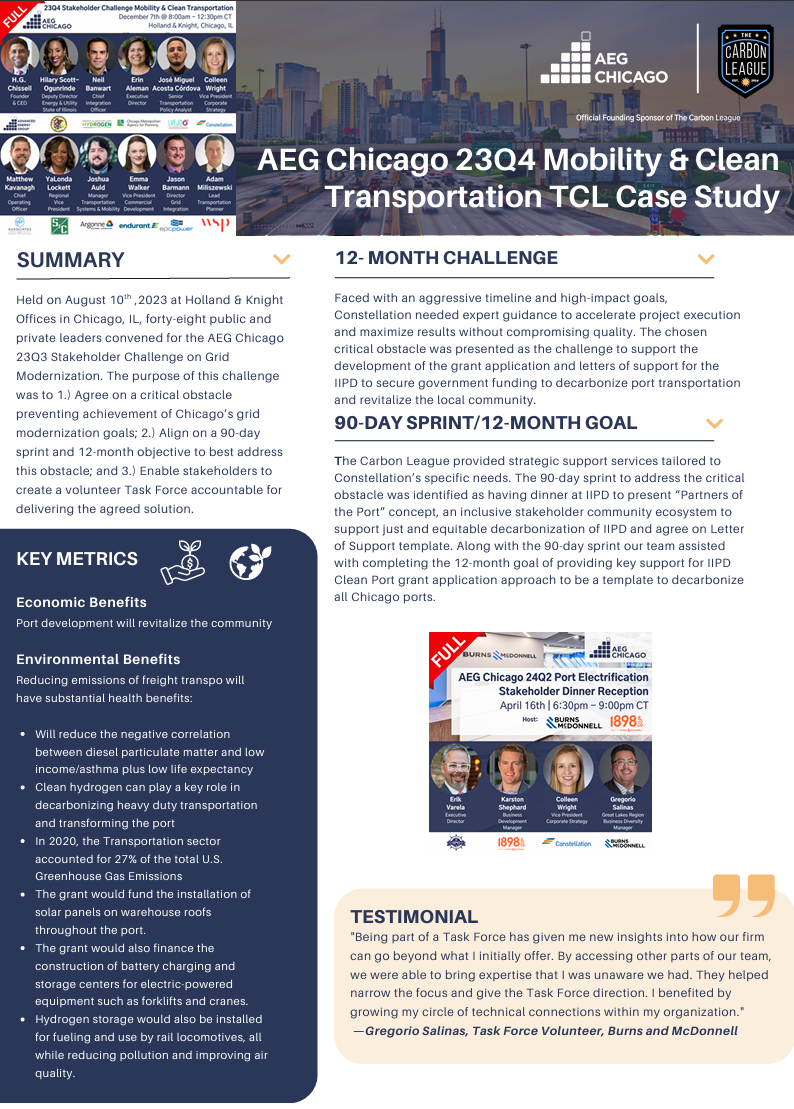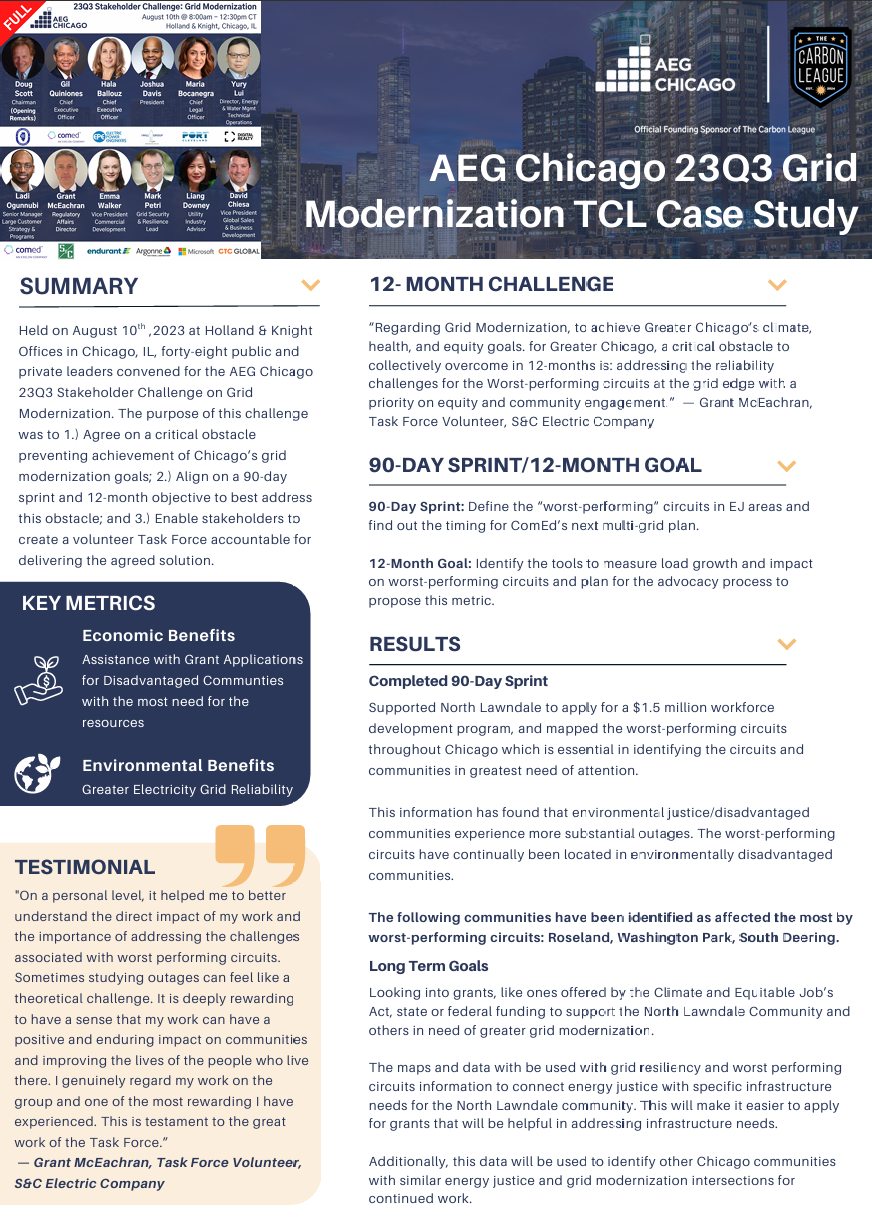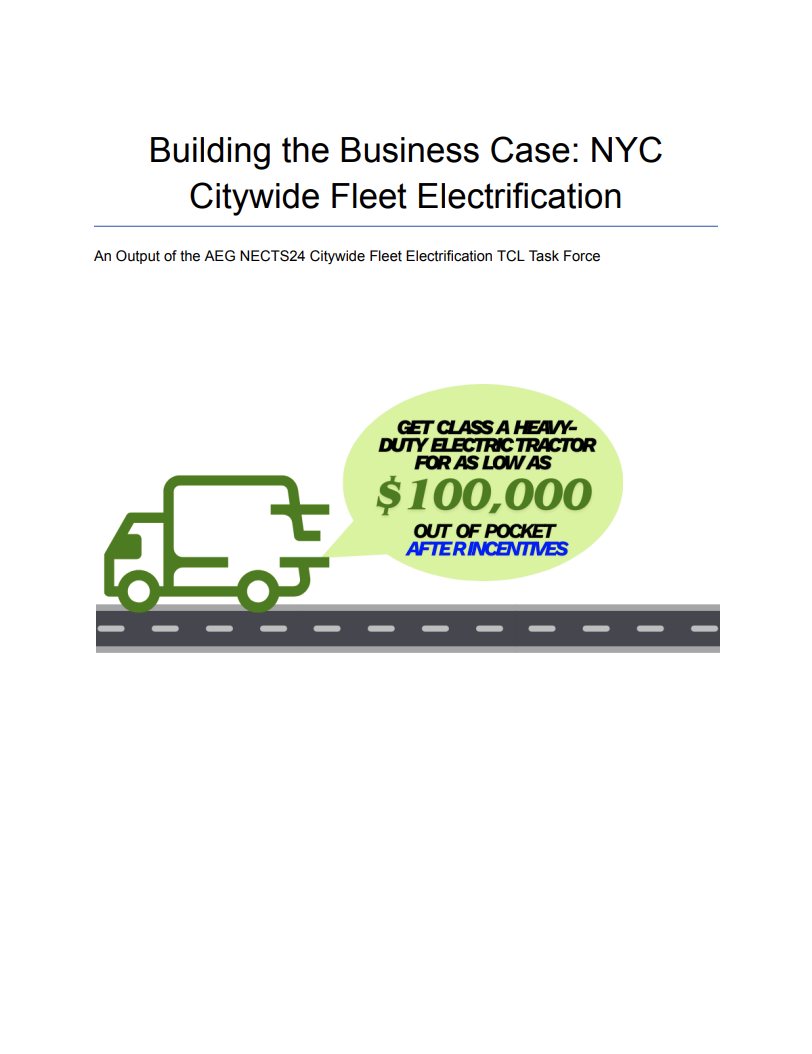Mission:
On time promise delivery of climate, health, energy and equity commitments for cities and vulnerable regions.
Approach:
Play to win at what matters most.
The Carbon League is a 501c3 nonprofit that enables students and leaders within cities and vulnerable regions to achieve critical climate, health, energy, and prosperity goals. By providing technical assistance, programming, and leadership development, The Carbon League empowers students and executive leaders to deliver needed progress in 90-day sprints as volunteer teams.
Featured Partner
Case Studies/Reports



